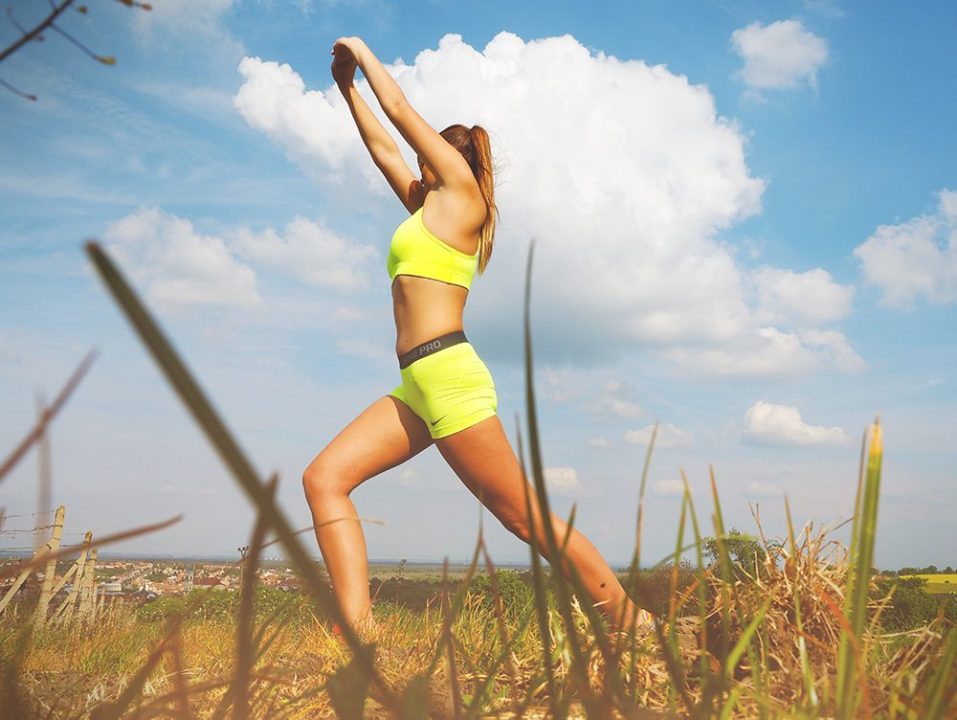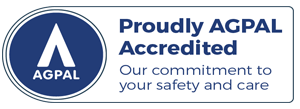
By Reine DuBois and Alexandra Preston
The 21st-28th of May is Exercise Right Week, and here at The Health Lodge we are celebrating by sharing with you some of the many benefits of exercise, and some great ways to get started if you do not already participate in regular physical activity.
Physical activity, which can be anything from organised sports to a spontaneous surf to working in the garden, has been linked to a wide range of health benefits. While it is best to go at your own pace and seek healthcare advice, particularly if you have a chronic illness, it’s never too early or late to begin a more active lifestyle. These benefits include:
Increased Longevity
Regular physical activity can add several years to your life, regardless of when you begin. A study on several thousand men with an average age of 73 found that 30 minutes of physical activity, six days a week, was linked with a 40% reduction in all-cause mortality. This is comparable to the effect of quitting smoking. It did not matter whether the exercise was light, moderate or vigorous. Vigorously active men lived for an average of five more years compared to sedentary and moderately active participants – think of what you can do in an extra five years!
Cardiovascular Health
One reason why exercise can improve both quality and length of life is its effect on cardiovascular health. Even simply going for a walk on most days of the week has been shown to lower the risk of cardiovascular diseases, by reducing causative factors such as high blood pressure, obesity and dysregulated cholesterol. For patients who already have cardiovascular problems, exercise can reduce symptoms such as angina attacks, improve heart function and increase walking distance.
Diabetes Risk
Another major cause of disease and mortality in today’s world is diabetes and related metabolic dysfunction. In a pilot trial of patients with metabolic disease, aerobic interval training led to a drop in fasting blood sugar, compared to the control and moderate-activity groups where it somewhat rose. The interval training group also enjoyed a significant rise in insulin sensitivity, from 62% to 77%, and in the function of cells that produce insulin, from 77% to 97%. This was due in part to a decrease in excess weight and waist circumference, which are risk factors for insulin resistance.
How do I start?
With all of the advantages to exercise, you may be wondering why everyone isn’t already out and active! At The Health Lodge, we know that habits can take time to change, so we asked the question: what gets people motivated to get fit, and stay fit? A study in Sweden based research on motivation to exercise using Self-Determination Theory (SDT), a well-accepted framework of motivation based on the idea that our goals are either formed by “intrinsic” or “extrinsic” factors. If your reasons for doing something, such as physical activity, are intrinsic, you enjoy the activity itself, feel energised and fulfilled, and often lose track of time! Extrinsic motivation is about how you can use the activity to reach a desired outcome, such as pleasing others. In the case of paid work, it’s best to be both intrinsically and extrinsically motivated, as you are deserving of compensation.
To test SDT, the researchers surveyed over one thousand Swedish adults, mostly women. They asked them what their motivations to exercise were, dividing them into five categories. These were social affiliation, whether it be with friends or fellow gym users; health maintenance; skill development; raising social status and outer image. The first three are intrinsic, with social status and image being extrinsic. The results were in favour of SDT: those who were exercising because of intrinsic goals, and because they wanted to, were more motivated. As personal autonomy – exercising because you want to – is essential, it’s also important to find a type of physical activity that you enjoy, not just jump into the latest trends or do what everyone else around you is doing. While exercise has many benefits to our health and longevity, at the end of the day, it’s also vital to add both years to our lives and life to our years.
References
http://bjsm.bmj.com/content/49/11/743.full
https://www.ncbi.nlm.nih.gov/pmc/articles/PMC3396114/
https://www.ncbi.nlm.nih.gov/pmc/articles/PMC2777731/
https://www.psychologytoday.com/us/blog/fulfillment-any-age/201701/how-push-yourself-work-out


